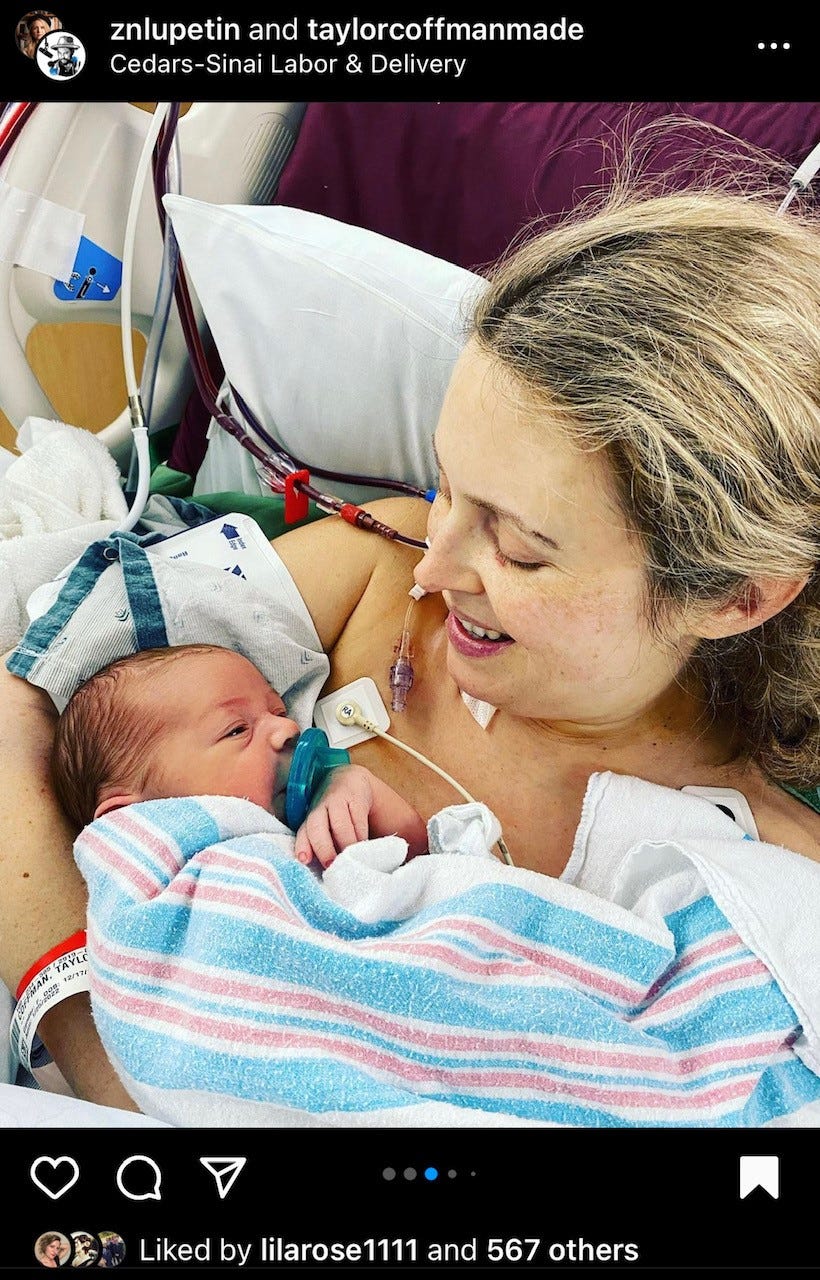How to create social media guidelines before emergencies occur
A cautionary tale for families and loved ones.
Hi Readers, Here’s a little something to think about before misfortune strikes. I urge you to talk with your loved ones about social media during medical emergencies sensitively over dinner.
Love,
T
Things to Consider Before You Post- Creating Social Media Guidelines for When Catastrophe Strikes
Here’s the thing, social media can be tricky but it can also be a vital tool to communicate with worried friends and loved ones.
I suggest you talk to your close family before catastrophe strikes about how much or little you would want shared or documented on social media.
Zach shared a lot and I didn’t even realize it because I was, you know, a tad distracted. He took photos that upset me at the time. I wasn’t ready to share on my terms, but he needed the community. They supported him. Truly, social media was such a bridge of support throughout this crazy ride. It still is. But it’s tough to have privacy.
And I was upset about it... I felt like I had no say in what was shared.
When I was better, we did have conflict about it. I felt resentful about the amount he shared.
To clarify, I’m over it now, a year later, but for a while it was a true sore spot.
For loved ones, ask the patient what they are comfortable with sharing publicly. Be wary that if you do post, it may upset the patient.
I recommend doing a small text thread with near and dear folks if you have a loved one who is not doing well and you need support first. When you get the patient’s consent, then post to socials.
There are the very difficult occasions when the patient is unable to consent for some time. Most platforms allow you to share to small groups of close friends. I recommend using that and email first.
Additionally, public blasts can lead to a lot of incoming love and prayers. It can be both wonderful, inspiring, and overwhelming all at once. Tread at your own pace.
Eventually I chose to share a lot, but that was after I got control over my PTSD and I wanted to help inspire others. It’s important to not retraumatize yourself while sharing.
People began reaching out to me, sharing their own challenges and how seeing what I went through helped them. They’d say “if Taylor can get through what she got through, so can I.” And I am here to say that is extremely true.
What I went through is incredible. Know bad things can happen, terrible disasters, and yet, everything can still be okay with time.
Questions to ask loved ones:
Is it okay if I post about you while you are in the hospital or unconscious?
Is it okay if I take and post photos or video of you in the hospital?
Is it okay if I publicly post your medical condition, the details and the diagnosis?
What kind of details would be okay to share if I need support from friends?
If something happens, who would you want me to share details with?
What are your boundaries when it comes to posting publicly?
Find us on IG here: https://www.instagram.com/taylorcoffmanmade/
Sending a thank you to Dr. Salick, my lovely and insightful therapist and new subscriber. She encourages me to write, pushes me when I’m stuck, and has truly helped me through this identity shifting, traumatic time.
Thank you to Richard Burwick, MD for your founding level donation. Follow him on Twitter.





Taylor, thanks for this. I overshared a bit on posting pictures of my daughter and grandson when he was just born. Never again. But I have not considered what should be shared on texts or social media. When I was diagnosed with Non-Hodgkins Lymphoma, I kept it pretty close to the vest. Only my closest family and friends knew. I opened up a bit later on.
One other piece of advice that I was given: share information about your health care power of attorney and advance directives with your family. Apparently in the past (not just the Schiavo case) the person who should be making the decisions had other family members contradicting them ("Ivan would always want to be on life support") and the medical staff didn't know what to do. I sent my directives via email to all my close family so they would know that (1) my wife would make these decisions if necessary and (2) what my wishes are.